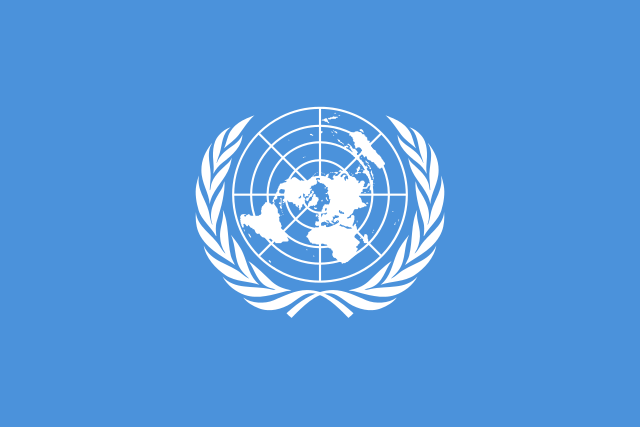Scientists Warn Of The Growing Danger Of Nitrogen Pollution

We know about carbon dioxide pollution and its key role in global warming. And we also know methane and how it's a more dangerous greenhouse gas (GHG) compared to CO2.
Now, we've got another huge gas problem to worry about -- nitrogen pollution and global warming. Concerned scientists said the barely known, but deadlier, "nitrogen pollution" problem must be meaningfully and effectively addressed to help prevent millions of premature deaths while helping ensure food security.
The key to warding off the dangers of nitrogen pollution is sustainable nitrogen management, and the nations of the world aren't doing anything about this.
Nitrogen comprises some 78 percent of the earth's atmosphere, and is the most abundant gas on the planet. The atmosphere holds an estimate of 4,000 trillion tons of nitrogen. It's also the fifth most abundant element in the Universe.
The human body contains about 3 percent nitrogen by mass. Nitrogen is the fourth most abundant element in the body after oxygen, carbon, and hydrogen.
But what concerns scientists more is the nitrogen cycle that moves the element from the air, into the biosphere and organic compounds, then back into the atmosphere. This, and the many forms of nitrogen that impact the environment.
More than 150 top international scientists from 30 countries are urging the world to take urgent action on nitrogen pollution, and to mitigate the widespread harm it inflicts on humans, wildlife and the planet.
In this open letter to António Guterres, Secretary General of the United Nations, the signatories highlighted "the present environmental crisis is much more than a carbon problem." They asked all countries "to wake up to the challenge" of halving nitrogen waste from all sources globally by 2030.
The signatories asked Guterres to mobilize global action against nitrogen pollution.
They contended a future focus on sustainable nitrogen management will help prevent millions of premature deaths, help ensure food security and simultaneously help protect wildlife and the ozone layer.
Together with the letter, the signatories released a report outlining the problem and possible solutions, entitled "Nitrogen: Grasping the Challenge."
The signatories are led by Prof. Mark Sutton of the U.K.'s Centre for Ecology & Hydrology (CEH). He is also Director of the UN Environment Programme (UNEP) International Nitrogen Management System (INMS) and co-chair of the UN-ECE Task Force on Reactive Nitrogen.
"If we want to beat climate change, air pollution, water pollution, biodiversity loss, soil degradation and stratospheric ozone depletion, then a new focus on nitrogen will be vital," stated in the letter.
The letter pointed out that nitrogen in its many forms is polluting our air, soil and water. Nitrogen poses a threat to human health, biodiversity, economies and livelihoods.
More than 80 percent of nitrogen used by humans is wasted and enters the environment as pollution.
Nitrogen losses worldwide amounts to 200 million tonnes a year at cost of $200 billion. In the U.K. alone, these losses are placed at $1.4 billion from 1.4 million tonnes annually.
And why is nitrogen pollution dangerous to human health and the environment?
The many forms of nitrogen have multiple impacts in the environment. Gases such as ammonia (NH3) and nitrogen dioxide (NO2) are key components of particulate matter air pollution. These toxic gases contribute to poor air quality that can aggravate respiratory and heart conditions, leading to premature deaths
Nitrate from chemical fertilizers, manure and industry relentlessly pollute rivers, seas and soils, posing a health risk for humans, fish, coral and plant life. Nitrous oxide (N2O) is a GHG that depletes the ozone layer, and is 300 times more powerful than CO2.
Published by Medicaldaily.com



























